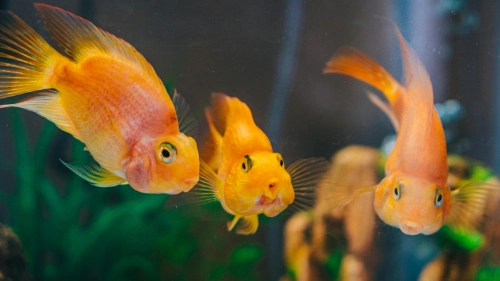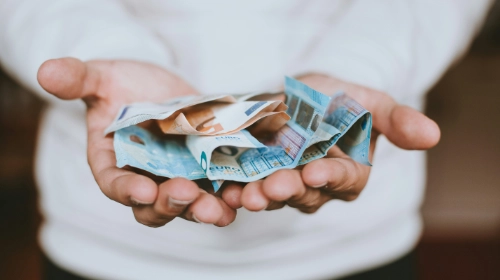
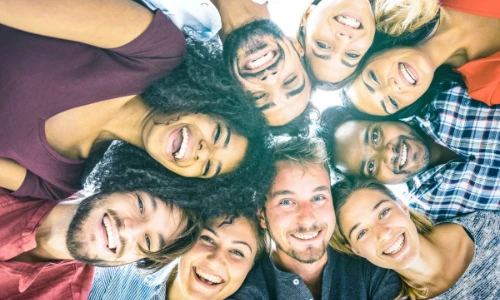
By Vicky
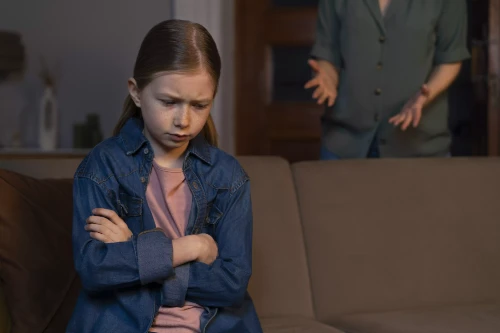
Growing up in an abusive environment, I constantly questioned my worth. Mental, emotional, verbal, and physical abuse became the foundation upon which I built my understanding of love. Throughout the years, I gathered evidence reinforcing the idea that I was unworthy and deserved disrespect. I wondered how anyone could make the choice to love someone regardless of their actions, behaviors, or lack of reciprocation—especially through disagreements, disappointments, and betrayals.
This was my introduction to the concept of unconditional love, though I wouldn’t recognize it as such until much later in life.
Unconditional love is the ability to love someone without any conditions or expectations—a profound and selfless affection that transcends the typical boundaries of relationships. It’s not about grand gestures or perfect moments, but rather a daily commitment to acceptance, understanding, and compassion. And I’ve discovered it has the power to heal wounds, bridge divides, and elevate our human experience.
My journey toward unconditional love began when I discovered meditation. Through regular practice, I started to cultivate awareness, compassion, and a deep sense of interconnectedness—all crucial components of unconditional love. The stillness and introspection offered by meditation created fertile ground for expanding my heart and mind.
As I delved deeper into meditative practices, the artificial boundaries between myself and others began to dissolve. Through consistent practice, I began to understand that the happiness and suffering of others are linked to my own. This shift in perspective naturally led to a more compassionate and loving approach to all beings.
To love unconditionally, I first had to let go of expectations. In my relationships, I had created mental checklists of what I expected from others. These expectations, while sometimes reasonable, became barriers to true unconditional love. By releasing them, I freed myself and others from the burden of constant evaluation and judgment. This didn’t mean lowering my standards or accepting poor treatment; instead, it meant loving the person for who they are, not for what they do for me.

Acceptance became another crucial element in my practice. This meant embracing the whole person—their strengths, weaknesses, quirks, and flaws. It meant seeing beyond surface-level behaviors to the essence of the individual. This level of acceptance was challenging, especially when someone’s actions or beliefs conflicted with my own. However, it was in these moments of difficulty that unconditional love truly shined, allowing me to maintain my love even when I disagreed.
Forgiveness played a vital role in my practice of unconditional love. Holding onto grudges and past hurts created barriers in my relationships. By cultivating a forgiving heart, I created space for healing and growth. This didn’t mean forgetting or condoning harmful actions, but rather choosing to release the negative emotions associated with past events and moving forward with love.
I learned that to self-heal, I must forgive others and myself. As I built my awareness and achieved a higher altitude of enlightenment and understanding, I could clearly see that we are all essentially young children trapped in adult bodies who have not fully healed.
Practicing unconditional love required a great deal of self-reflection and personal growth. It challenged me to examine my own biases, judgments, and insecurities. As I worked on loving others unconditionally, I found that I needed to extend the same grace and acceptance to myself. This self-love became the foundation from which I could love others more fully.
My healing started from becoming the change that I chose to become and the rewriting of those negative beliefs about myself. The key to loving others unconditionally—whether in a toxic romantic relationship, friendship, or with family—was recognizing that I could only control my own actions and be the strongest support system I could be for them and myself.
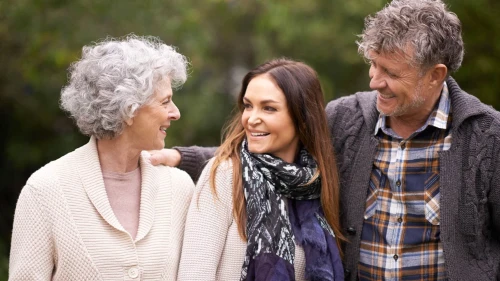
It’s important to note that unconditional love doesn’t mean sacrificing one’s own well-being or boundaries. In fact, I discovered that healthy boundaries are essential for sustainable unconditional love. It’s about maintaining a core of love and respect while still recognizing one’s own needs and safety. This doesn’t mean becoming a doormat or accepting abuse; rather, it means maintaining respect for the inherent worth of another person, even when their actions may be difficult to accept.
The journey towards unconditional love is ongoing and often challenging. It requires patience, practice, and perseverance. There are moments of frustration and doubt, times when it seems easier to withdraw love or place conditions upon it. However, by committing to this path, I’ve opened myself to profound personal growth and deeper, more meaningful connections with others.
Unconditional love has played a crucial role in my emotional well-being. It has provided a sense of security and belonging, which are essential for healthy relationships. When people feel loved without conditions, they are more likely to develop self-esteem and confidence. I’ve experienced how this love can act as a catalyst for personal growth, as it empowers me to embrace my true self.
In a world that often seems divided and judgmental, the practice of unconditional love can be a powerful force for change. It has the potential to heal relationships, bridge divides, and create a more compassionate society. By choosing to love unconditionally, I’m not only enriching my own life but also contributing to a more loving and accepting world.
While it may not always be easy, the rewards of unconditional love—deeper connections, appreciation, personal growth, and inner peace—make it a journey well worth undertaking.



